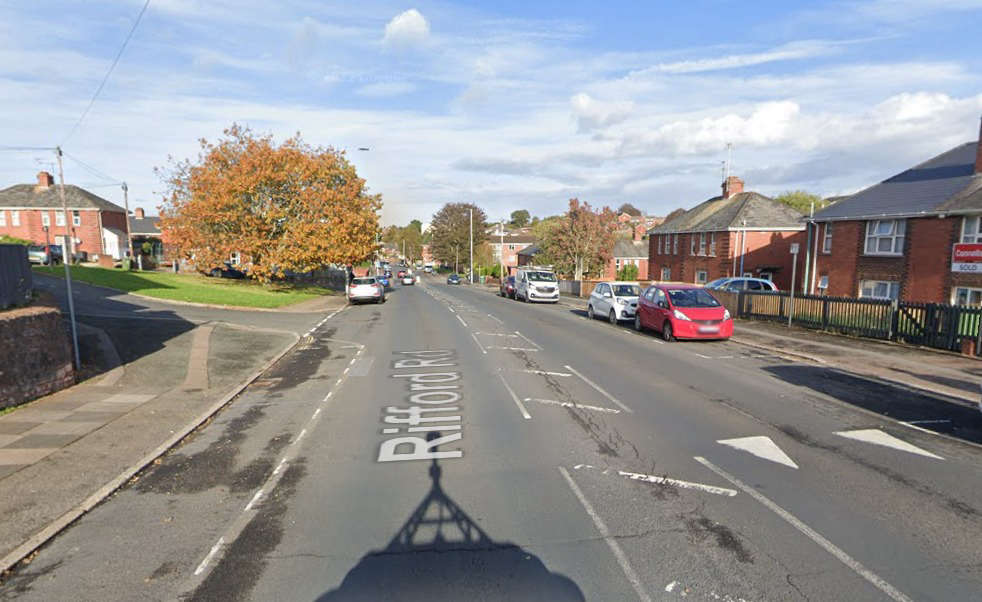
£1.5 million for half-mile track
A planned new cycle route in Exeter, previously described as the ‘missing link’ in the city’s network, has moved a step closer.
Devon County Council says the proposed 700-metre stretch along Rifford Road, between the junctions with Ludwell Lane and Honiton Road, would complete the city’s north-to-south E12 route.
Once completed, it will form a continuous route running from Polsloe Bridge station to the new railway station being constructed at Marsh Barton.
The £1.55 million scheme, a third of which will be funded by the Department for Transport, was approved in principle by Exeter’s highways and traffic orders committee on Monday [16 January]. It will now go to the council’s ruling cabinet for final approval.
Space will be made for the two-way cycle track by removing the “unnecessary” central hatched area of Rifford Road and moving the traffic lanes and parking bays across. Two active lanes will be retained for motor vehicles.
However, it will come at the expense of 16 on-street parking spaces which will need to make way for the new layout, four of which are to be removed for new driveways requested through a public consultation.
A report acknowledged this is a “contentious issue as many residents feel the current number of parking spaces is inadequate,” adding: “Some respondents were concerned that this situation will be made worse with the removal of spaces following delivery of the scheme.”
However, it claimed the proposal is “well supported, with 58 per cent of respondents stating they would use it, 34 per cent stating they would not use it and 8 per cent stating they may use it.”
Recommending approval, it stated: “There is currently an absence of coherent north/south cycling routes within the city. This strategic route creates improved links between residential areas and key employment sites as well as linking with public transport at Pinhoe and Marsh Barton rail stations.
“In addition, the route could be used as part of education journeys to several primary and secondary schools in the city.”
Describing it as a “fantastic scheme,” Councillor Danny Barnes (Labour, Heavitree & Whipton Barton) said: “We're in a climate emergency. The biggest contributor to carbon emissions in this city is vehicles. The only way we're going to encourage people to get out of their cars is if we provide safe, easy and convenient routes for them to use.”
Cllr Percy Prowse (Conservative, Duryard & Pennsylvania) claimed that, of the Rifford Road residents who responded to the accompanying traffic order, 75 per cent objected to the parking changes. “Are we going to ignore the objectors?” he asked.
In response, a planning officer said the two-way cycle track was partly selected because it minimised the need to remove parking spaces and reiterated the scheme was backed by a majority of those who responded to the consultation.
They added: “We do need to look at reallocating road space if we're going to actually properly achieve our aims of 50 per cent of people travelling on foot or by cycle, and we can't always do that retaining every single car parking space.”
The scheme is the latest in a series of active travel improvements [meaning cycling and walking] made to the city’s roads since the start of the pandemic, most notably the initially temporary east to west E9 route from Pynes Hill to the city centre that has since been made permanent.
However, not everyone has welcomed the changes. One councillor previously claimed the schemes in Exeter may have led to a “over a million miles” a year extra being driven by taxis navigating round additional one-way systems.
But campaigners say that by segregating cars and bicycles, more people feel able to cycle to work or school, thus reducing congestion and pollution in the process, while also improving health.
A majority of the committee backed the scheme, which will now be sent to cabinet for final approval.
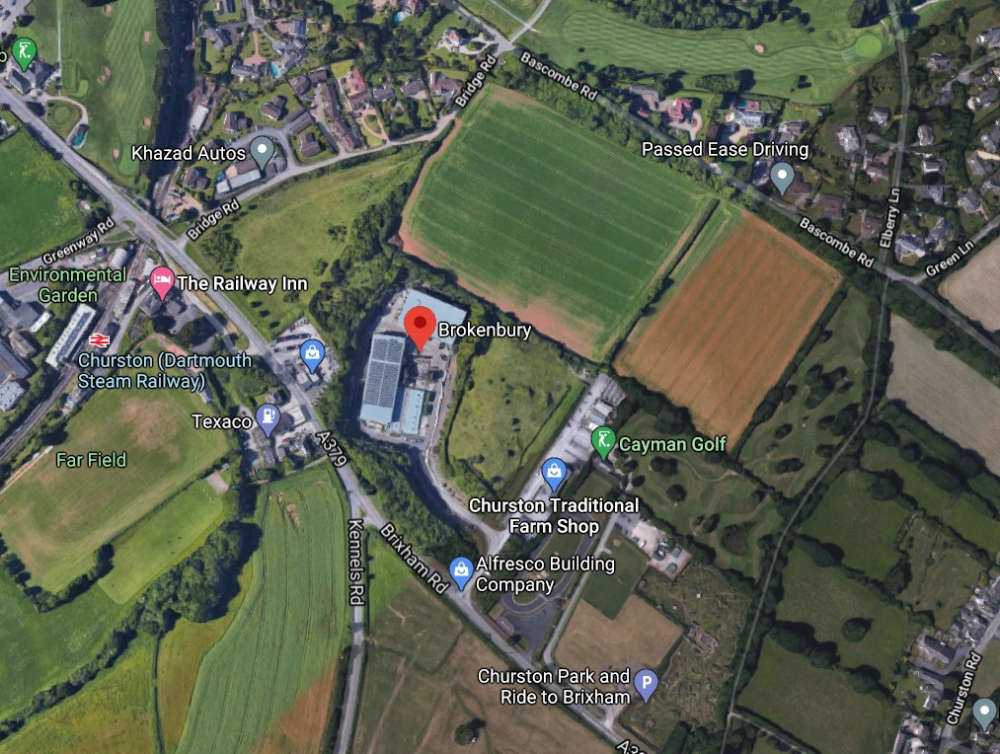 Official challenge to Torbay solar farm project
Official challenge to Torbay solar farm project
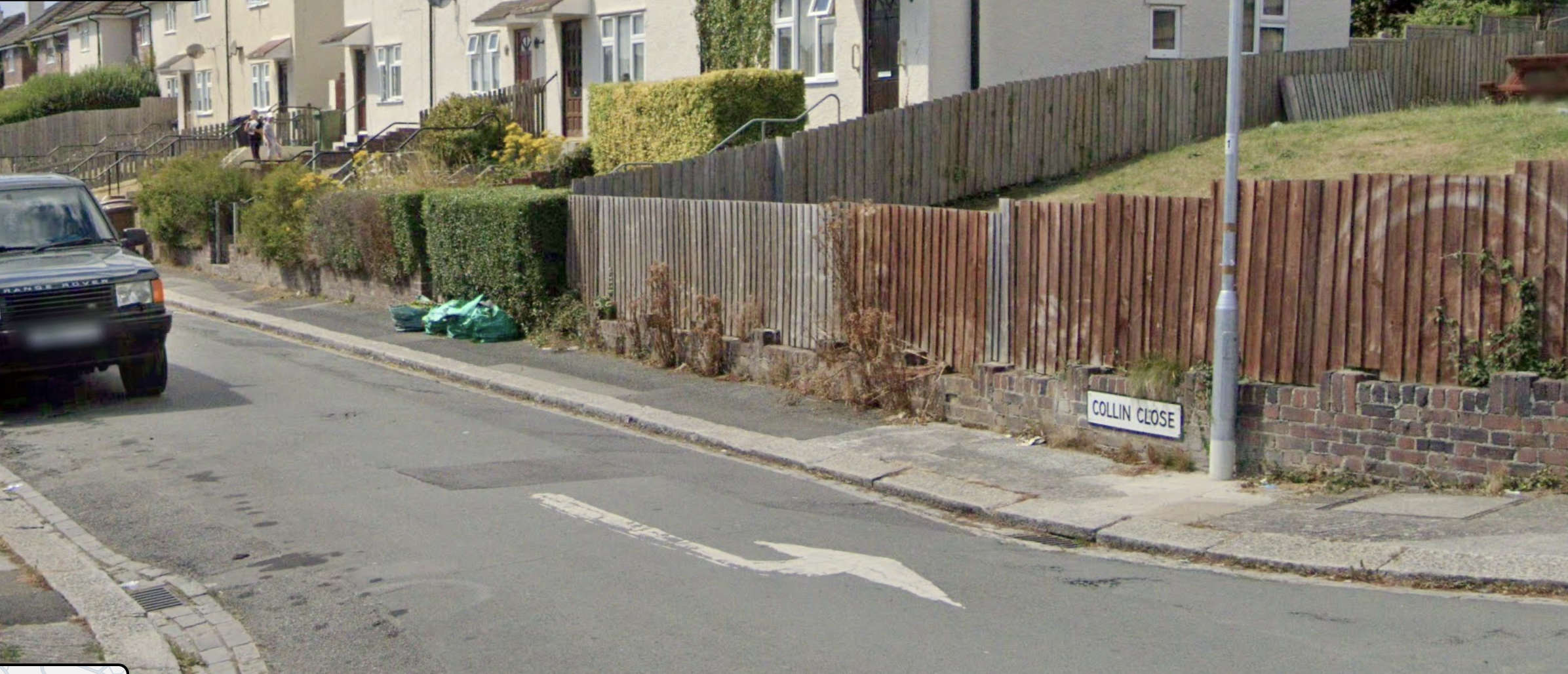 Two people injured in suspected Plymouth stabbing
Two people injured in suspected Plymouth stabbing
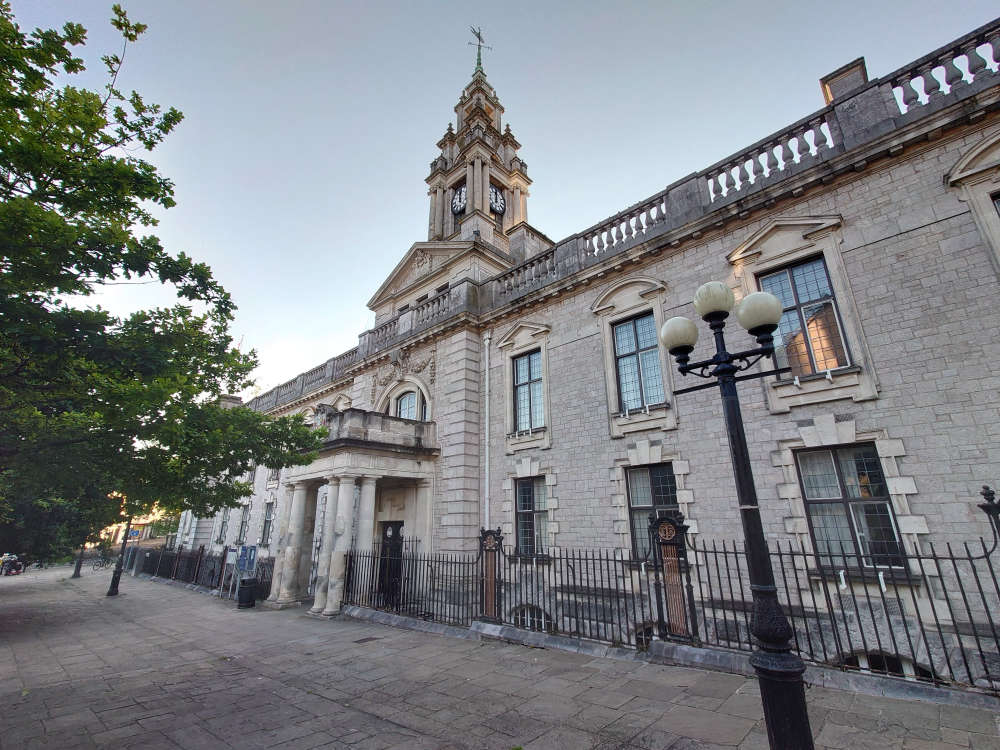 Four councillors banned from council tax debates
Four councillors banned from council tax debates
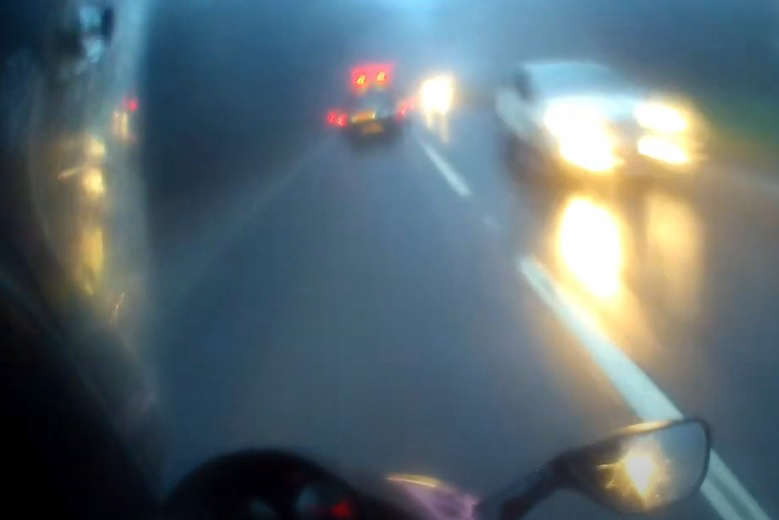 Video shows Devon biker causing horrific crash
Video shows Devon biker causing horrific crash
 Murder charge after Kingsbridge crash
Murder charge after Kingsbridge crash
